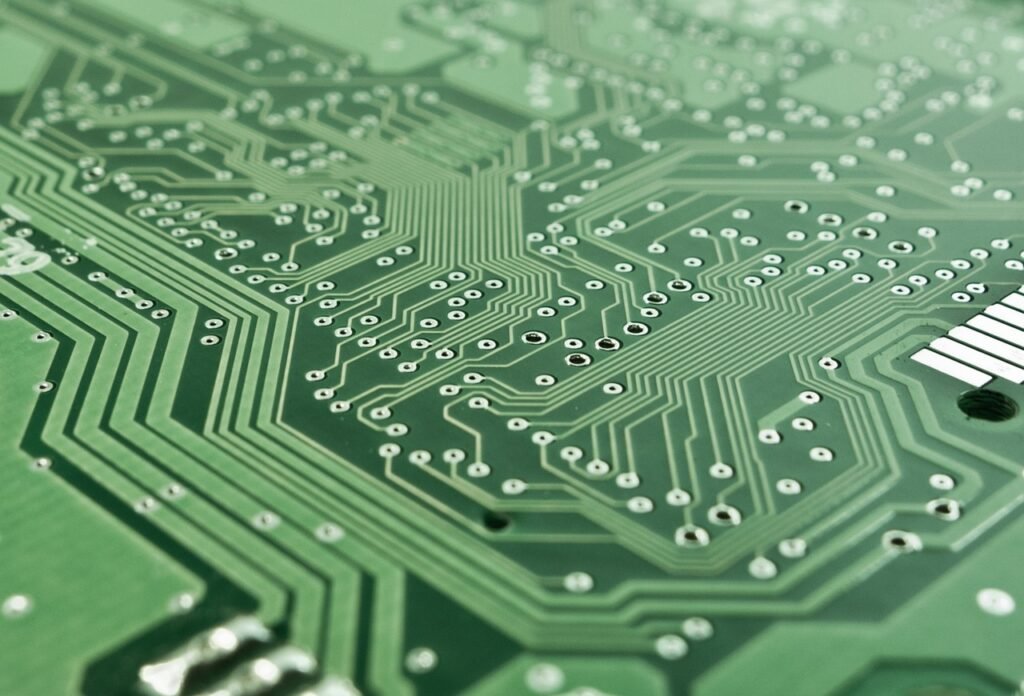Embedded System vs. VLSI

Embedded systems and VLSI (Very Large Scale Integration) are two different fields in the realm of computer engineering and electronics, though they are interconnected in various applications. Let’s understand each term:
Embedded Systems:
An embedded system is a specialized computing system designed to perform specific functions or tasks within a larger system. These systems are dedicated to particular applications or functions and often work in real-time, meaning they process data and respond to events immediately. Embedded systems are typically integrated into larger products or systems to control and manage their functions.
Key characteristics of embedded systems include:
They are designed to perform a specific task or set of tasks. They have a microcontroller or microprocessor as their core processing unit. They are often resource-constrained, with limited processing power, memory, and energy. They may or may not have an operating system, and sometimes the software is directly written on the hardware. Common examples include microcontrollers used in household appliances, automotive control units, medical devices, industrial automation, etc.
VLSI (Very Large Scale Integration):
VLSI refers to the process of integrating a large number of transistors and other electronic components onto a single semiconductor chip. It involves the design and manufacturing of complex integrated circuits (ICs) that can contain millions or even billions of transistors on a single chip. VLSI technology allows for miniaturization and integration of circuits, enabling higher performance, reduced power consumption, and more functionalities within a smaller space.
Key aspects of VLSI include:
It deals with the design and fabrication of integrated circuits. VLSI chips can be general-purpose processors, application-specific integrated circuits (ASICs), or even complex systems-on-chip (SoCs). Designing VLSI circuits requires expertise in digital logic design, physical design, and knowledge of various electronic components and their behavior at the nanoscale level.VLSI technology is crucial for the advancement of computing systems, mobile devices, networking equipment, and other modern electronic devices.
Embedded systems focus on the development of dedicated computing systems for specific tasks, while VLSI involves the design and manufacturing of integrated circuits with a large number of transistors. While both fields are distinct, they often overlap in applications where embedded systems use VLSI chips to implement their functionality efficiently. For example, an embedded system may use a custom-designed VLSI chip for better performance, power efficiency, and integration.

